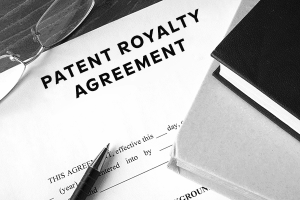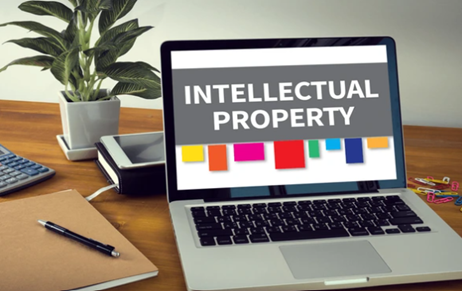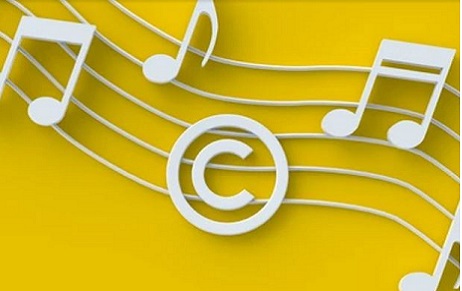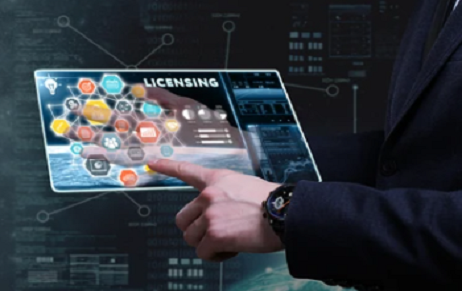The patent law domain features compulsory licenses at their core to bridge invention promotion with…
Patent Royalty Agreement
INTRODUCTION

PATENT LICENSING APPROACHES
Broadly the licensing approaches can be categorized into two types-
1. Carrot licensing – this is the type of licensing where the company or the organization who has no patent or is not using any patent technology. The owner of the patent convinces such an organization to use his/her patented products and how its license will result in benefits for their organization.
2. Stick licensing – such cases where the patent is already in the use but has been infringed by the licensee. In such situations, the court proceedings take place once the suit has been filed but as a result of the compensation of the breach, the infringer is settled with the licensing of the patent.
PATENT ROYALTY AGREEMENT ESSENTIALS
1.The following is the list inclusive of all the elements required for a contract of patent royalty to be made-
- Name – licensor and licensee
- Activity description of both.
- The exact purpose of the contract. Eg. What is the patent going to be used for.
- License geographical scope.
- Agreement dates and duration.
- Exclusivity details of the license.
- The restrictions imposed on the use of the patent.
- Royalty or the remuneration being paid by the licensee to the licensor for the use of the patent.
Further, it has a few specified payment details given as follows –
- Royalty rate – sales percentage
- Royalty base – gross or net revenue or sales.
- Minimum royalty payments – minimum to be paid to the licensor every year irrespective of the sales.
- Payment schedule – quarterly, half-yearly, or annually or according to some other agreement of schedule.
- Other payments – any upfront fee other than royalties if required.
DIFFERENCE BETWEEN PATENT LICENSE AND ASSIGNMENT
The license of a patent means that the patent holder grants the rights of the patent to the licensee to take benefits of the patent by paying interest on it for a period of time. This is temporary in nature but requires the royalties to be paid for the full duration by the licensee to the owner of the patent.
However, the patent assignment means the permanent transfer of the exclusive rights of the patent holder to the assignee. The assignee needs to pay the lump sum amount to the assignor or the owner initially and it is recorded into the official books or records for the transfer and if any new invention is done furtherance to the initial patent then the assignor can receive the profits out of it.
CONCLUSION
The patent royalty agreement is a very useful concept as for the modern society the licensor and licensee are both being benefitted by such agreement. The patent holder serves the patent full of rights to a business holder who further makes money and the licensor in return is getting remuneration for just delegating his few rights of the invention done by him. So having a process of giving and take is super easy and super beneficial for both of them.
Author: Niharika Singh, a 5th-year student of BBA LL.B., GGSIPU University, an intern at Khurana & Khurana, Advocates and IP Attorneys. In case of any queries please contact/write back to us at aishani@khuranaandkhurana.com.



